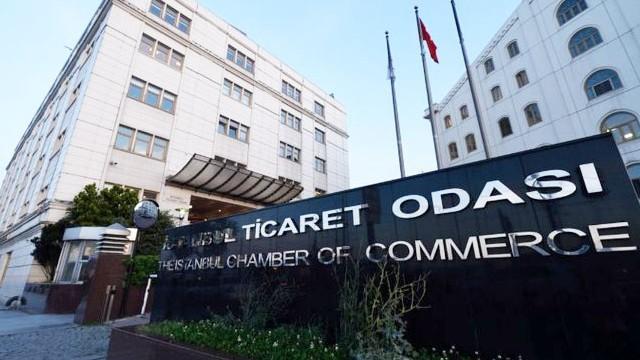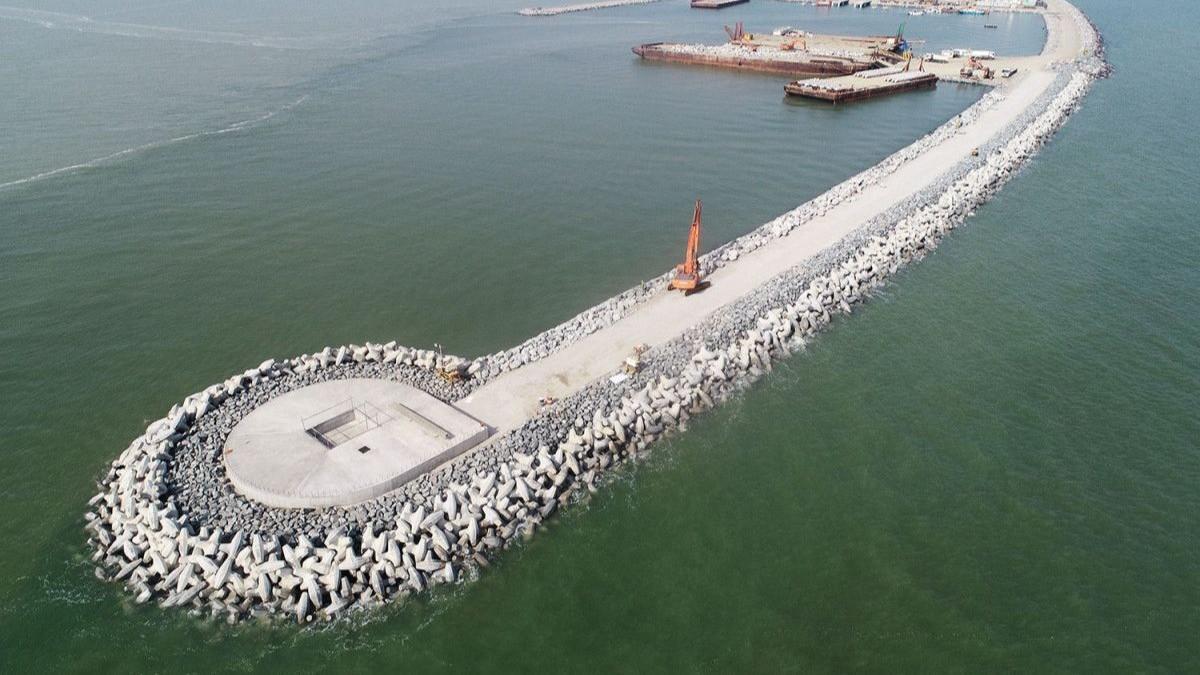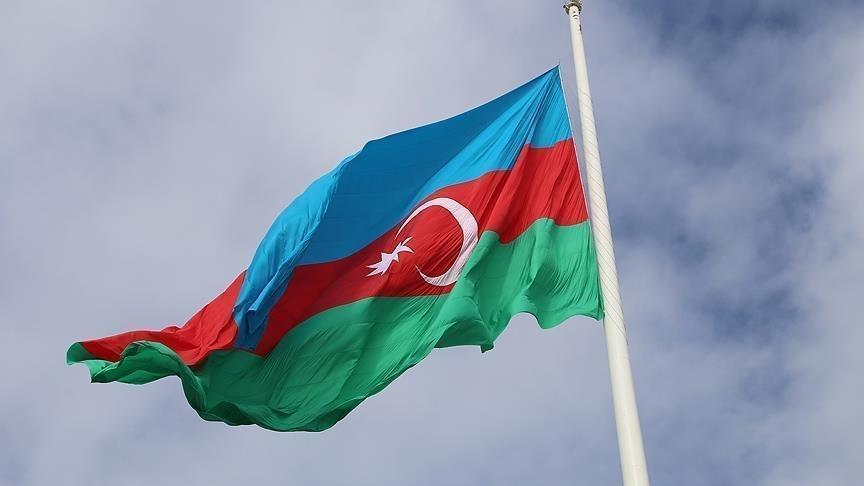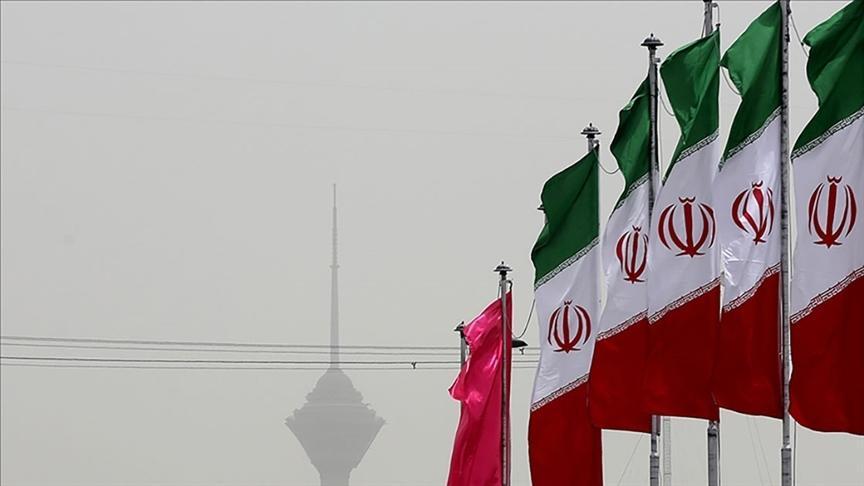Israel not the best example in this case
Israelis will be surprised to hear that Turkish admiration for their country is increasing. But it is happening for the wrong reasons. Turks are at the limit after the latest attacks against their military by the outlawed Kurdistan Workers’ Party (PKK), in which 24 soldiers were killed, as well as the recent attacks by the terrorist group against civilians.
I hear much loose and dangerous talk now about the need for an “Israeli solution” to the problem. The man-on-the-street wants massive and merciless retaliation, like Israel does against Hamas. Even President Gül, a peaceful and soft-spoken man, is referring to “massive revenge” for the latest PKK attacks.
Knowing him, I am positive this is not Gül’s feeling, but the increasingly irrational mood on the street is that Turkey should level towns, villages and camps suspected of harboring PKK militants – as Israel does in the name of retaliation – and like Israel should have scant consideration for innocent people caught in the crossfire.
It must be underscored immediately that while a country has a legal and moral right to defend its citizens against terrorism, the “Israeli way” should be unacceptable to all Turks who value human rights. In fact, the approach to the PKK in the past reflected aspects of the “Israeli way,” with all its human rights violations, and brought little in the end, except further alienation among Turks and Kurds, which went on to fester.
At any rate there is a fundamental difference between Turkey and Israel. Social and political inequality exists, of course, but Turks and Kurds do not live under an “Apartheid-like” system similar to the one in Israel. Neither is it possible to turn Turkey at this stage into a country “exclusively for Turks” – regardless of ultra-nationalist sentiment – since its increasingly apparent heterogeneous population will not allow this.
If the country is to attain the desired peace and stability, the new constitution being worked on will have to inevitably accommodate this fact. It must also be remembered that while there are armed separatist Kurdish terrorists in the mountains, there are also Kurds in the highest echelons of the state and body politic in Turkey, not to mention the economic, social and cultural domains.
Israel, on the other hand, for all its democratic pretensions, increasingly defines itself as a “Jewish State” and must be considered a country aiming to enforce “ethnic, cultural and religious purity.” The state in Turkey has, of course, traditionally defined itself as “Turkish” and imposed this outlook for decades.
The ongoing political debate also shows that this will be the hardest issue to handle in the new constitution. But the political dynamics in both countries are presently diametrically opposed. Slow as it may be, the trend in Turkey is toward a more “inclusive state,” while in Israel it points to increased ethnic and religious exclusivity.
PKK terrorism is a very serious problem for Turkey and has to be responded to with the full force of the state. No one should doubt this. But Turkey also needs positive examples when searching for a final settlement to this issue.
These rest more in Europe, for instance in the British and Irish experiences with the IRA, than the indiscriminate Israeli “bulldozer method” against Hamas in the name of retaliation. That way is a dead-end for Turkey as it tries to solve its Kurdish problem against a backdrop of increased PKK terrorism.











